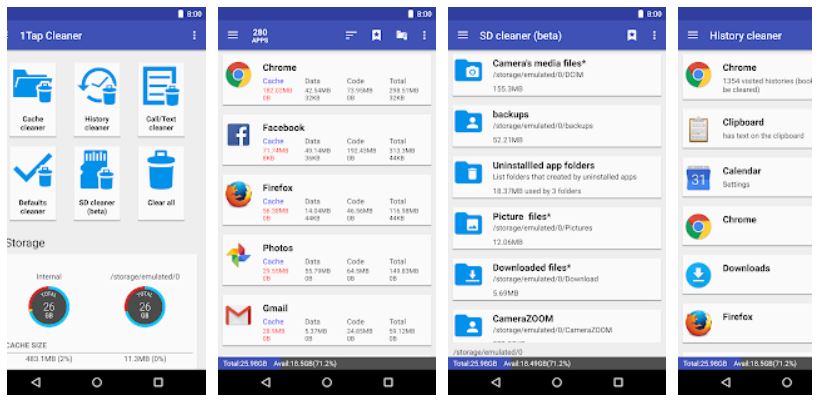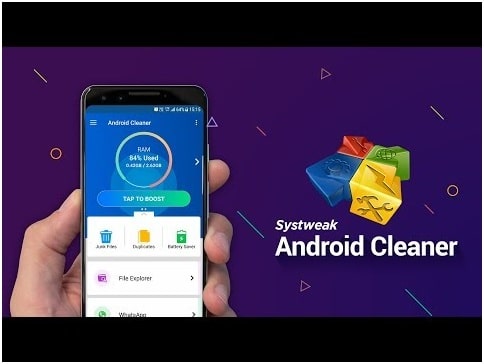


While it’s a wonderful way to make sure that you never lose any memories again, you don’t really need to keep all the photos and videos on your phone once they’ve already been backed up.

Google Photos automatically backs up every single photo or video that you’ve ever taken using your phone. If there is any app that you haven’t used in weeks or months, maybe it’s time to take it off your phone.Ĥ. Most apps haven’t been used since they were first downloaded. This may seem obvious but most users have over 100 apps on their phones, on an average. Most items you only need once before you can delete them - so, delete them.ģ. There are an absolute ton of antivirus choices for Android users, but these four should be at the top of your list.Anything you download while browsing the net, from documents to videos, is stored in that folder. A free service should be a long-term service with an option to upgrade to a better version of the app with a subscription. We also filtered out any “free” apps from major antivirus vendors that were only limited free trial since a free service and a free trial are not the same thing. How we testedįor these antivirus apps we installed and ran the app for each selection, as well as consulted with third-party testing firms to see what kind of protection scores the apps received. If you’re looking for active real-time scanning, for example, that is a paid option from most services. Pretty much all the features you can expect in a free app are like the ones we highlighted here. Finally, see if it has the features you’re looking for. It’s also a good idea to see what third-party testing firms are saying in their reports about various Android apps.Īfter that, you should see if the company is using ads in their app and whether you’re okay with it or not. We’ve already touched on this briefly, but you should always get your antivirus from a well-known security company. How to choose a free antivirus for Android


 0 kommentar(er)
0 kommentar(er)
